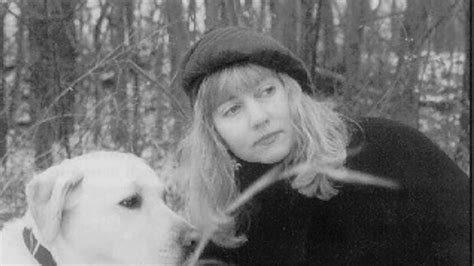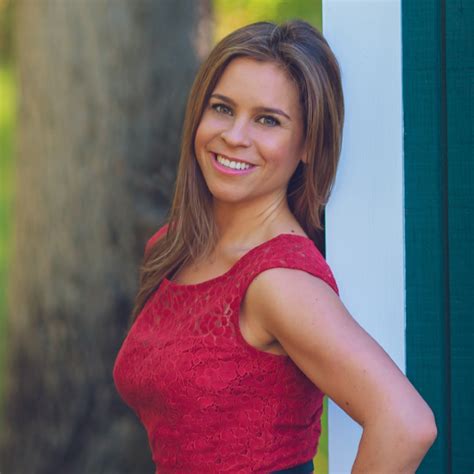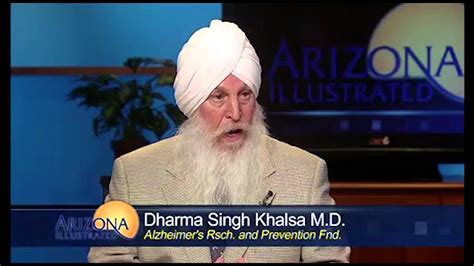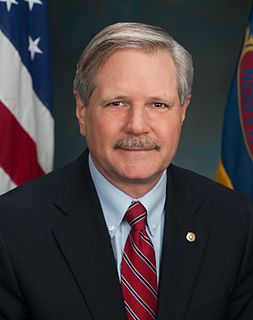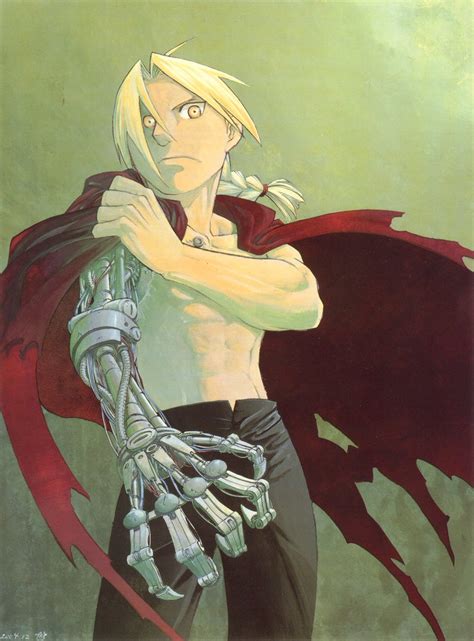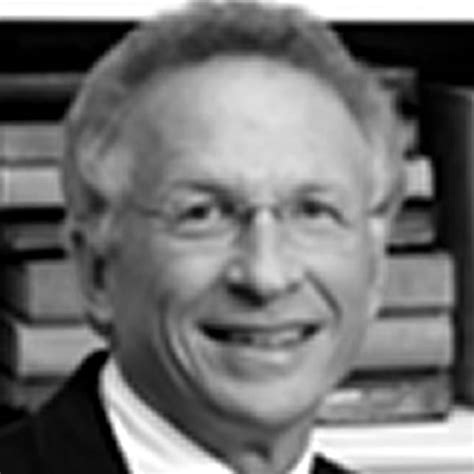A Quote by Cynthia Rylant
It is odd how we sometimes deny ourselves the very pleasure we have longed for and which is finally within our reach.
Related Quotes
Because we haven’t been taught to appreciate and love ourselves in this way, we don’t feel like we deserve self-care and pleasure. Instead, we cling to our To Do lists and sacrifice our health and well-being for the sake of others. Then, when we feel deprived of our basic human need for relaxation and enjoyment, we turn to food as our sole source of pleasure. When we then try to deprive ourselves of food through dieting, we deny the last bit of pleasure we have in our lives. And that strategy never works!
How defeated and restless the child that is not doing something in which it sees a purpose, a meaning! It is by its self-directed activity that the child, as years pass, finds its work, the thing it wants to do and for which it finally is willing to deny itself pleasure, ease, even sleep and comfort.
I longed for a power of vision which might overpass that limit; which might reach the busy world, towns, regions full of life I had heard of but never seen: that I desired more of practical experience than I possessed; more of intercourse with my kind, of acquaintance with variety of character, than was here within my reach.
Guru Arjun tells us that the truth we seek is within ourselves, and I agree. The answers to many of our greatest desires, needs, and longings are inside. We only need to know how to retrieve them. The most powerful vehicle for retrieving our longed for answers is applied intelligence, which is the combination of information and experience. Applied intelligence brings true wisdom because it includes experience, usually on a deep level.
Some of us have a hard time believing that we are actually able to face our own pain. We have convinced ourselves that our pain is too deep, too frightening, something to avoid at all costs. Yet if we finally allow ourselves to feel the depth of that sadness and gently let it break our hearts, we may come to feel a great freedom, a genuine sense of release and peace, because we have finally stopped running away from ourselves and from the pain that lives within us.
Although our moral conscience is a part of our consciousness, we do not feel ourselves on an equality with it. In this voice which makes itself heard only to give us orders and establish prohibitions, we cannot recognize our own voices; the very tone in which it speaks to us warns us that it expresses something within us that is not of ourselves.
True happiness is to enjoy the present, without anxious dependence upon the future, not to amuse ourselves with either hopes or fears but to rest satisfied with what we have, which is sufficient, for he that is so wants nothing. The greatest blessings of mankind are within us and within our reach. A wise man is content with his lot, whatever it may be, without wishing for what he has not.
How do we define, how do we describe, how do we explain and/or understand ourselves? What sort of creatures do we take ourselves to be? What are we? Who are we? Why are we? How do we come to be what or who we are or take ourselves to be? How do we give an account of ourselves? How do we account for ourselves, our actions, interactions, transactions (praxis), our biologic processes? Our specific human existence?
